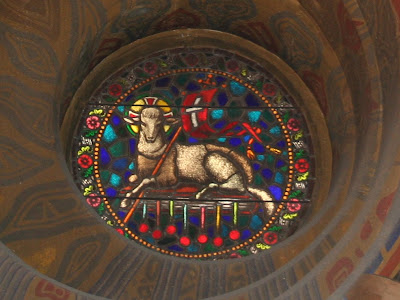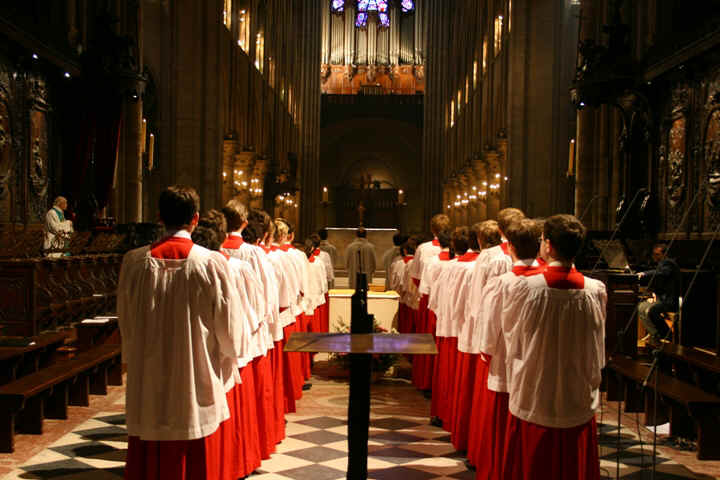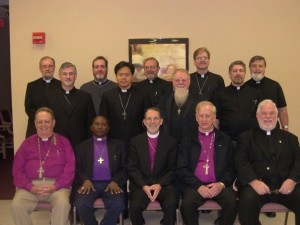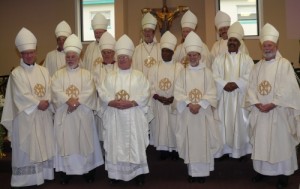
So that if I am delayed, you will know how people must conduct themselves in the household of God. This is the church of the living God, which is the pillar and foundation of the truth.
1 Tim. 3:15 NLT
Lamb of God: A Three Streams Church is a Bible-believing, Christ-exalting, and Spirit-immersed group of believers eagerly yearning for more of Christ in our lives and the presence of God in our community. We are men and women of faith drawn together by the Holy Spirit from various denominational, cultural, and ethnic backgrounds.
We desire to be a complete expression of the early church: our worship is Biblical and historic, liturgical and Spirit-filled, ancient and contemporary, holy and joyful. We are a church that is submitted to the authority of Scripture as interpreted by the continuing witness of the ancient church. Lamb of God Church is committed to advancing the Kingdom of God by proclaiming the gospel to the least, lost, lonely and last.
Lamb of God Is Fully Sacramental and Liturgical:
At the center of Lamb of God’s worship is the sacrament of the Lord’s Supper where we believe resides the presence of Christ. The Lord’s Supper is precious for it is an encounter with the living resurrected Jesus. Grace poured forth, faith renewed, sins forgiven, spirits encouraged, healing released, and hope restored, all found at the table of the Lord. At the Lord’s table, the resurrected Christ meets the people of God as the heart of God makes known the love of God in bread and wine. Through baptism and the partaking of Christ’s body and blood, we are brought into living union with Christ.
Lamb of God Is Fully Evangelical:
Lamb of God Church believes that we are saved by grace alone, justified by faith alone in Christ alone. Christ who is our Lord and Savior is calling all men and women to a personal relationship with Him. We believe the gospel which is the good news that God in Christ has come into the world and by his life, death, and resurrection has conquered our greatest foes: the world, flesh, sin, death, and the devil. The gospel is the proclamation that our sins are forgiven and we are under the condemnation of judgment no more. This precious gospel calls forth from each of us a response of faith and repentance.
Lamb of God Church holds to a high view of Holy Scriptures both the Old and New Testaments, believing them to contain all things necessary to salvation; nothing can be taught as necessary for salvation that is not found in the Scriptures. We are committed to the preaching of the Gospel to fulfill the great commission for salvation is found only in our Lord Jesus Christ.
Lamb of God Is Fully Charismatic:
We are a church that participates in the person and work of the Holy Spirit. We believe that through the baptism of the Holy Spirit all believers are can partake in the fullness of the Spirit and are given power for Christian ministry. The baptism of the Holy Spirit releases in the believer both the fruit and gifts of the Spirit for the building up of the church and the advancement of the Kingdom of God.
Lamb of God Is Consensus Government:
We are a church governed by Christ through bishops in apostolic succession who are humbly submitted to the leading of the Holy Spirit and to one another. Our desire is to be a house of prayer, yearning to hear and obey the voice of God. Decisions are made by our elders upon coming to consensus with our bishop under the Lordship of Christ.





